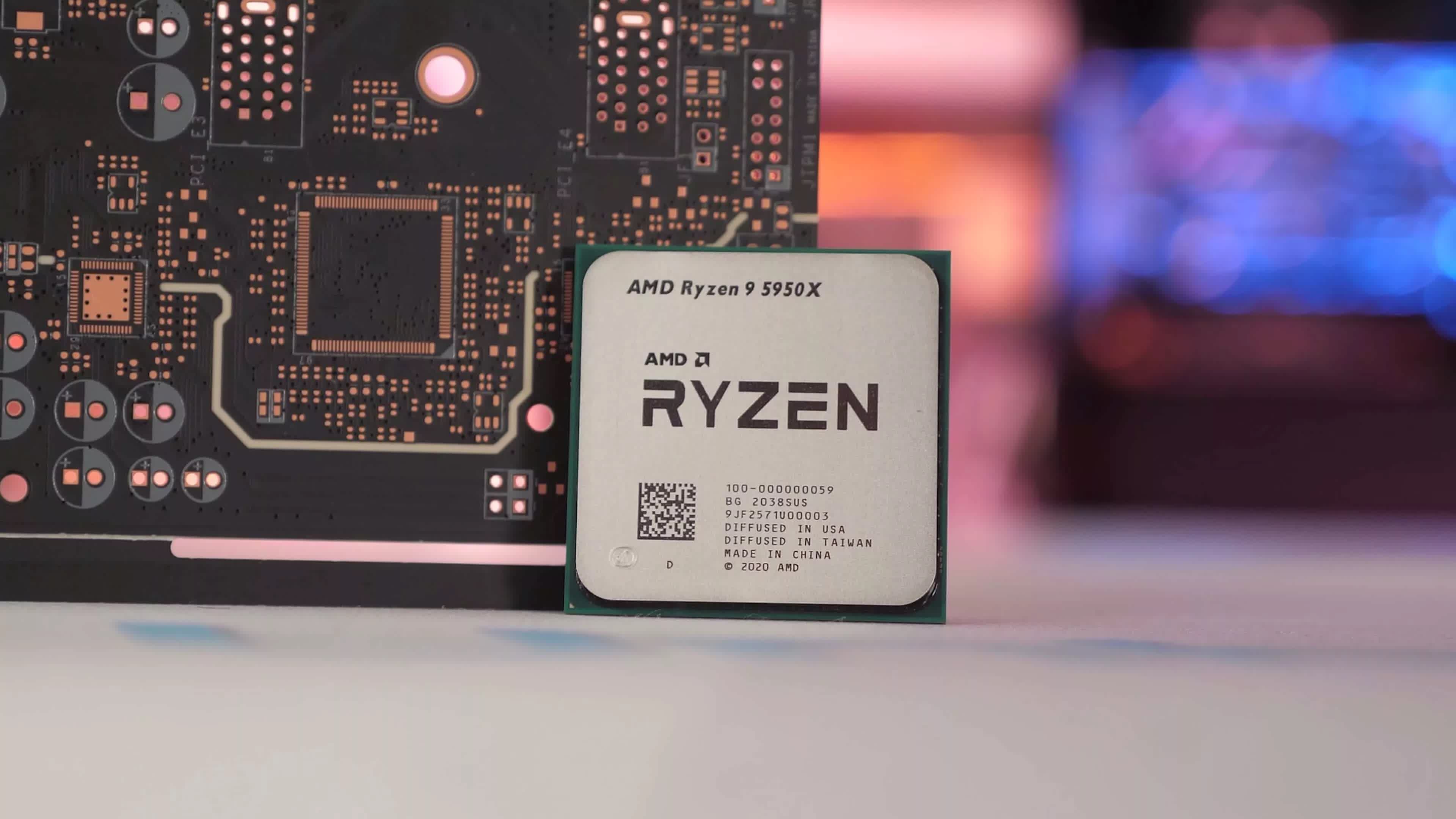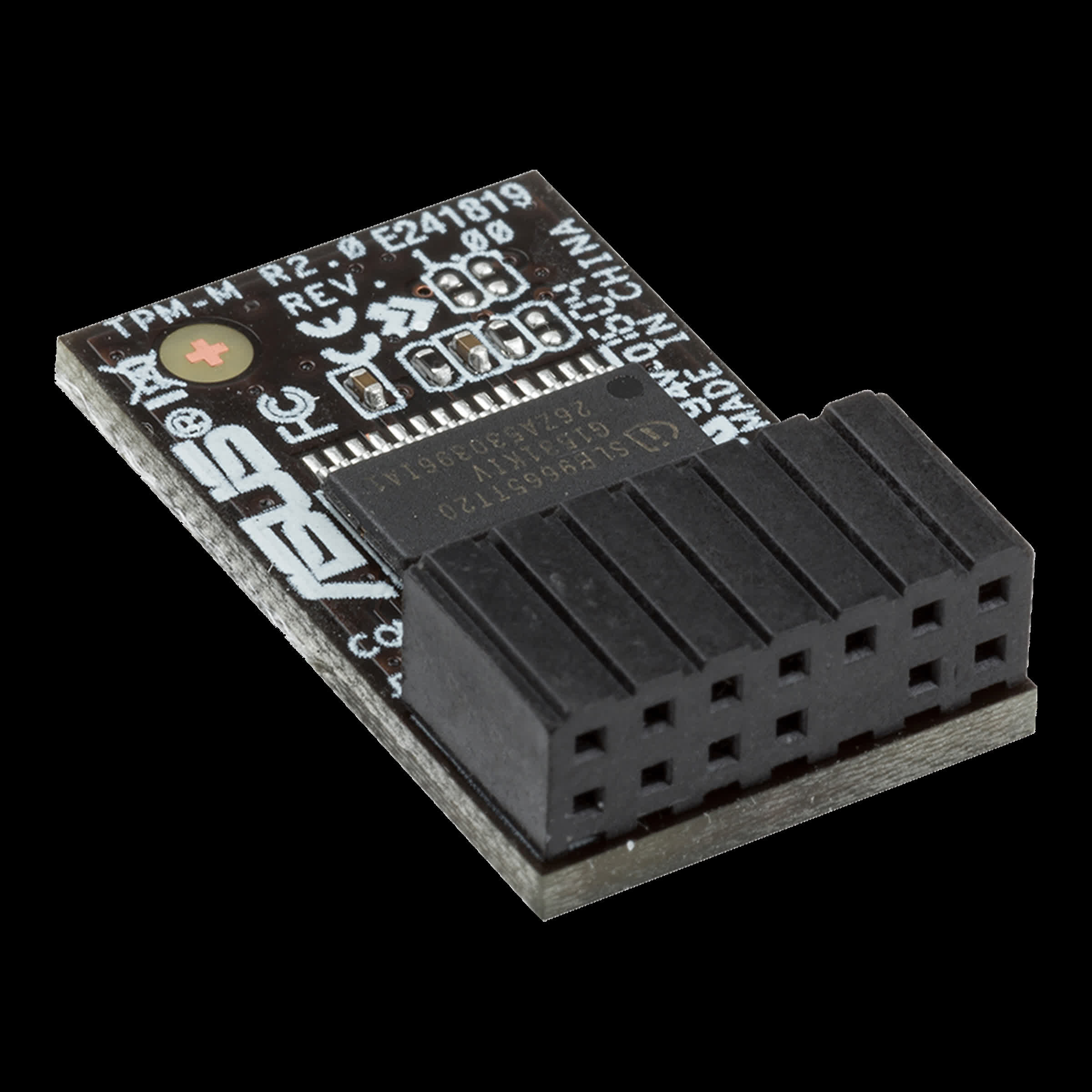A hot potato: It wouldn't be the first time AMD's firmware bugs caused performance issues for Ryzen users, but the company has identified a new one related to fTPM that affects Windows 10 and Windows 11 users. A fix is on the way, but you'll have to wait until May to receive it.

Several Windows 10 and Windows 11 users have reported over the past few months that they’ve experienced stuttering issues, freezes, and performance drops on AMD Ryzen-powered systems. It turns out there is an issue with the way fTPM works, which can impact performance at seemingly random times during a gaming session or while running demanding software.
According to official AMD documentation, the problem is caused by an unexpected behavior on “select” Ryzen platforms, but user reports suggest this affects all systems with Zen+, Zen 2, and Zen 3 processors. Specifically, the issue is these systems may, at times, “perform extended fTPM-related memory transactions in SPI flash memory (“SPIROM”) located on the motherboard, which can lead to temporary pauses in system interactivity or responsiveness until the transaction is concluded.”

For those who are unfamiliar with fTPM, the feature refers to AMD’s firmware-based implementation of TPM, which is supposed to remove the need for a separate, discrete TPM solution for storing security keys needed for storage encryption, Secure Boot, and other security features. In the case of fTPM, the security keys are stored on the same chip that’s used for storing BIOS/UEFI settings.
AMD says it has a fix in the works that will be distributed via motherboard firmware updates based on AGESA 1207 or newer. Unfortunately, the company expects these will arrive sometime in May, so if you’ve been waiting for an official solution, you’ll need to steel your nerves and have some more patience.

Dedicated TPM 2.0 module for Asus motherboards
The good news is there are a few workarounds for the issue. Many users have already bypassed Windows 11’s TPM requirement, which is one way to deal with this. AMD says you can also use a dedicated TPM 2.0 module, which will generally cost you around $20-$40. However, make sure your motherboard has the necessary 14-pin header before you open up your wallet. If it does, also ensure you back up your data and disable TPM-dependent features like BitLocker before switching from fTPM to the dedicated module.
AMD has had a difficult time ensuring Windows 11 stability and performance for Ryzen users, and even some of people who stuck with Windows 10 have had to wait for months to get a fix for USB connectivity issues. TPM isn't a requirement in Windows 10, but Microsoft has been pushing it hard with Windows 11, even though the added security features aren't always worth the performance hit.
https://www.techspot.com/news/93684-amd-promises-fix-ftpm-issue-causes-stuttering-freezes.html